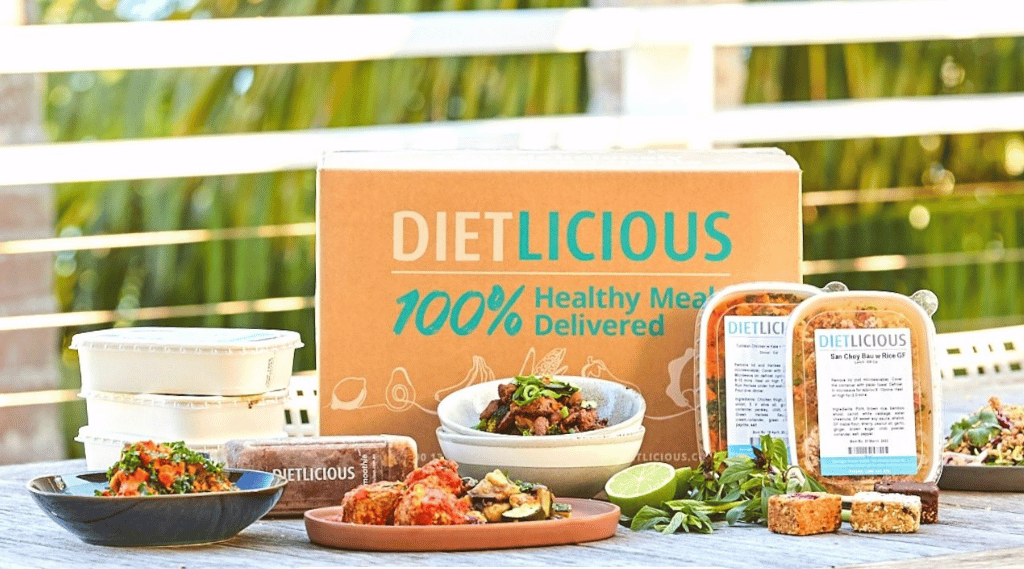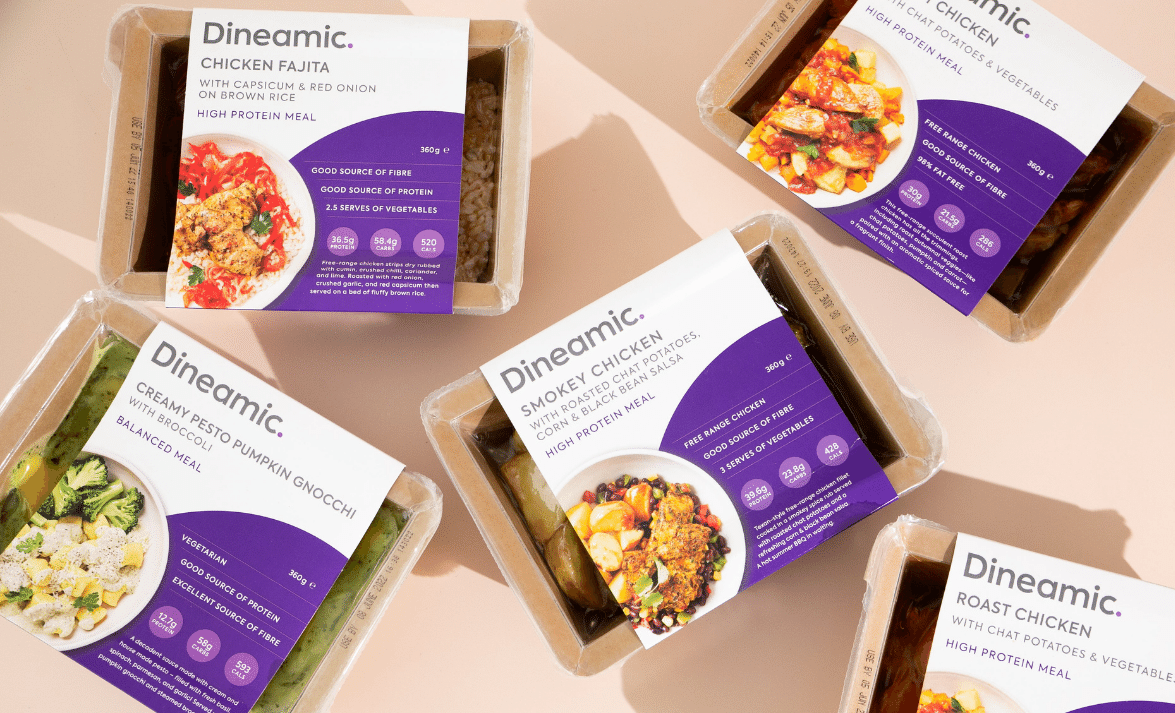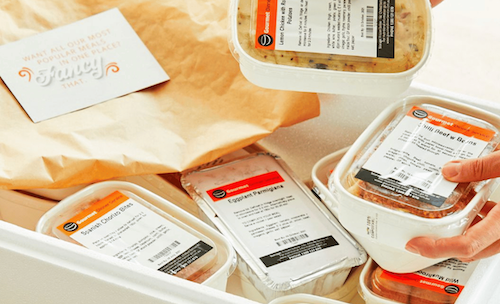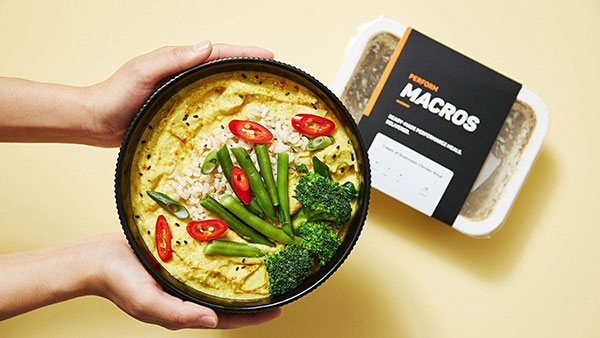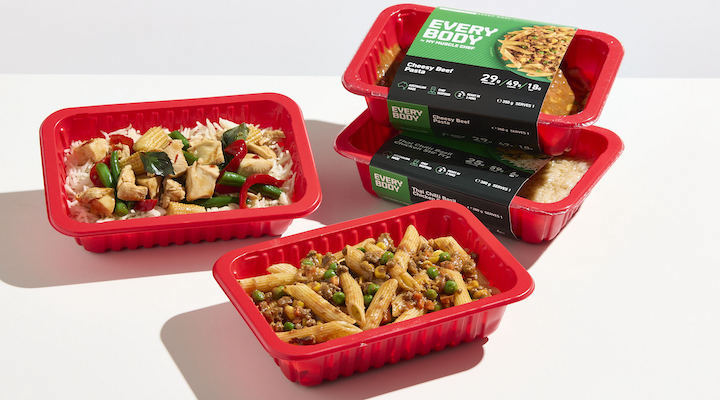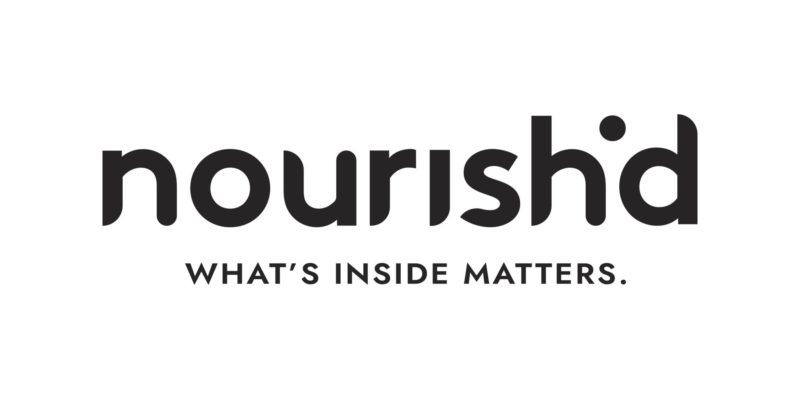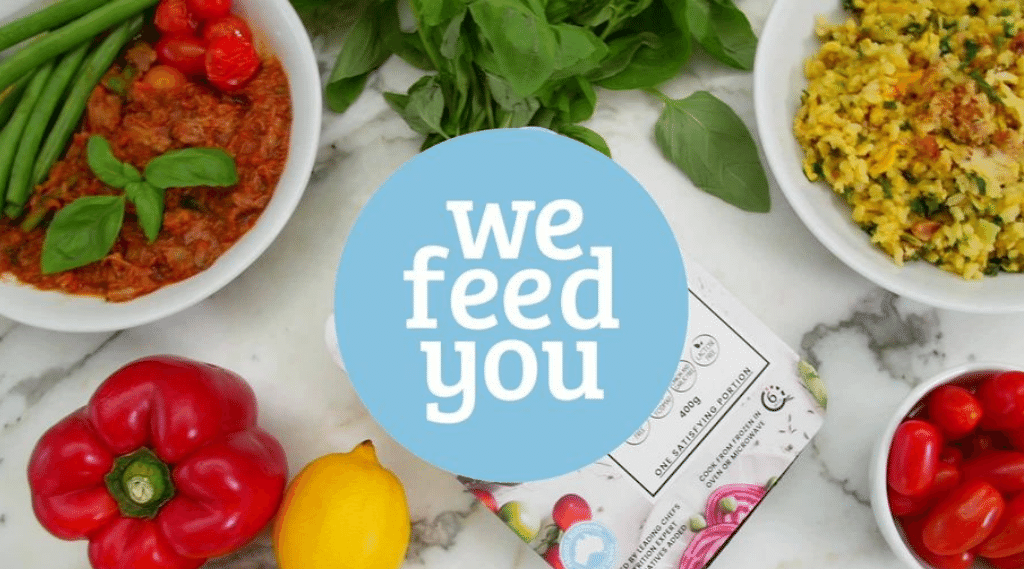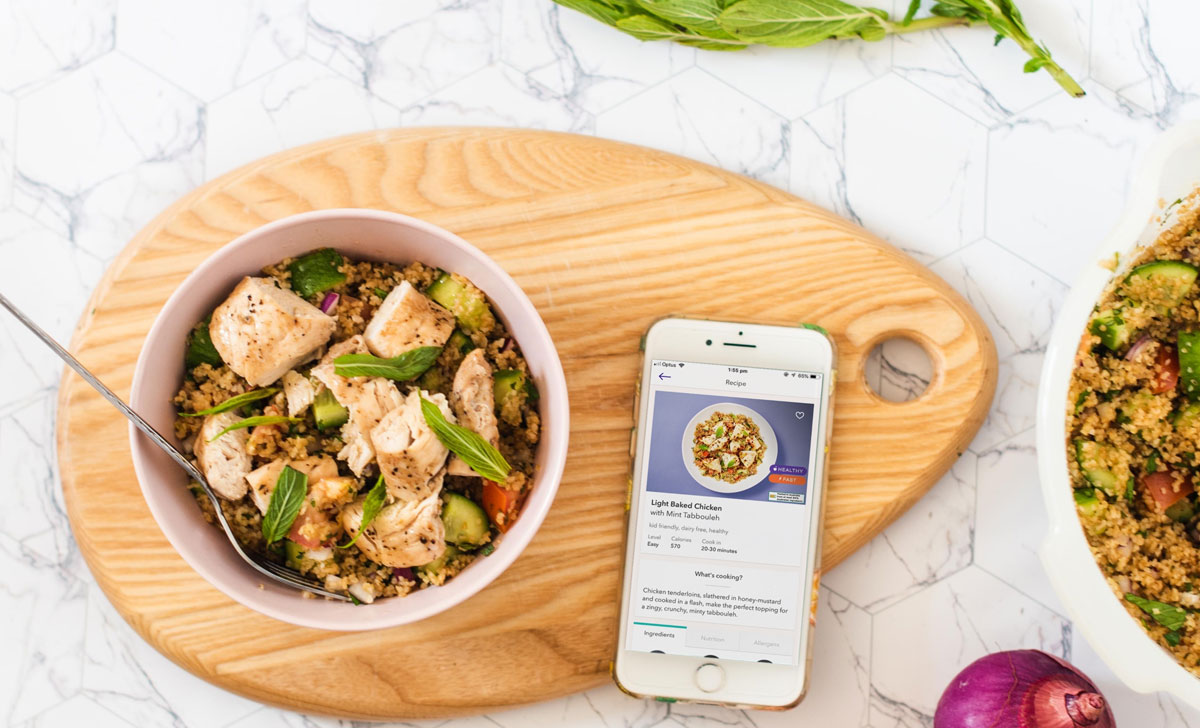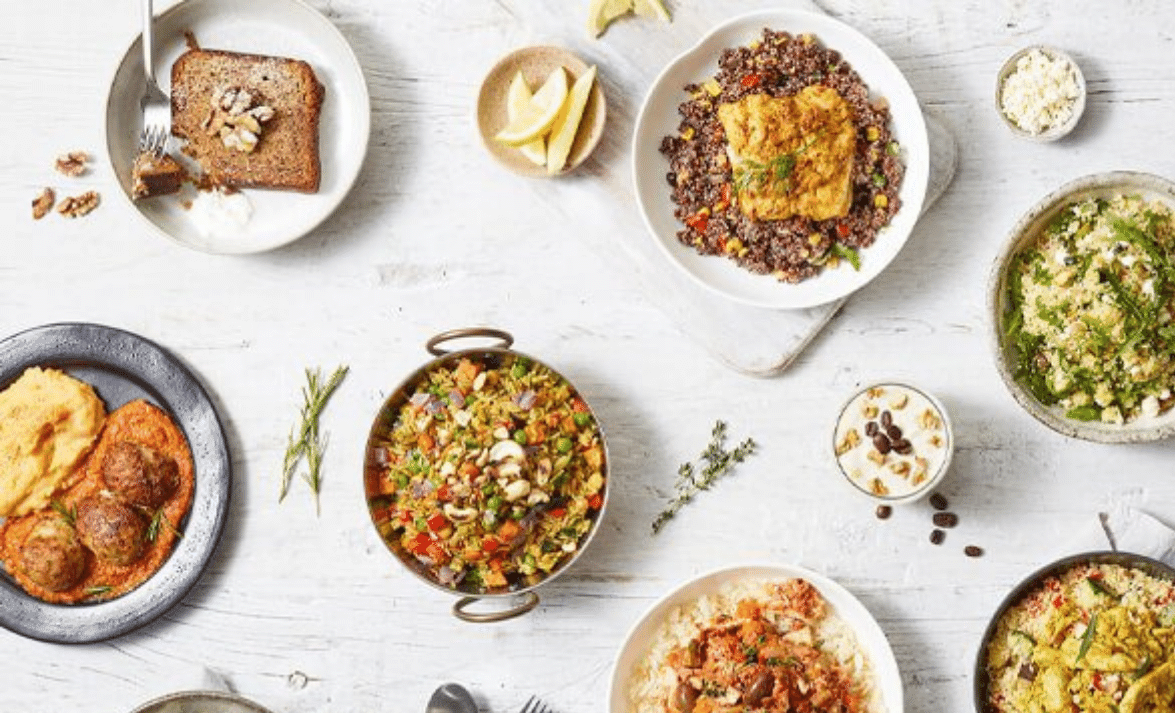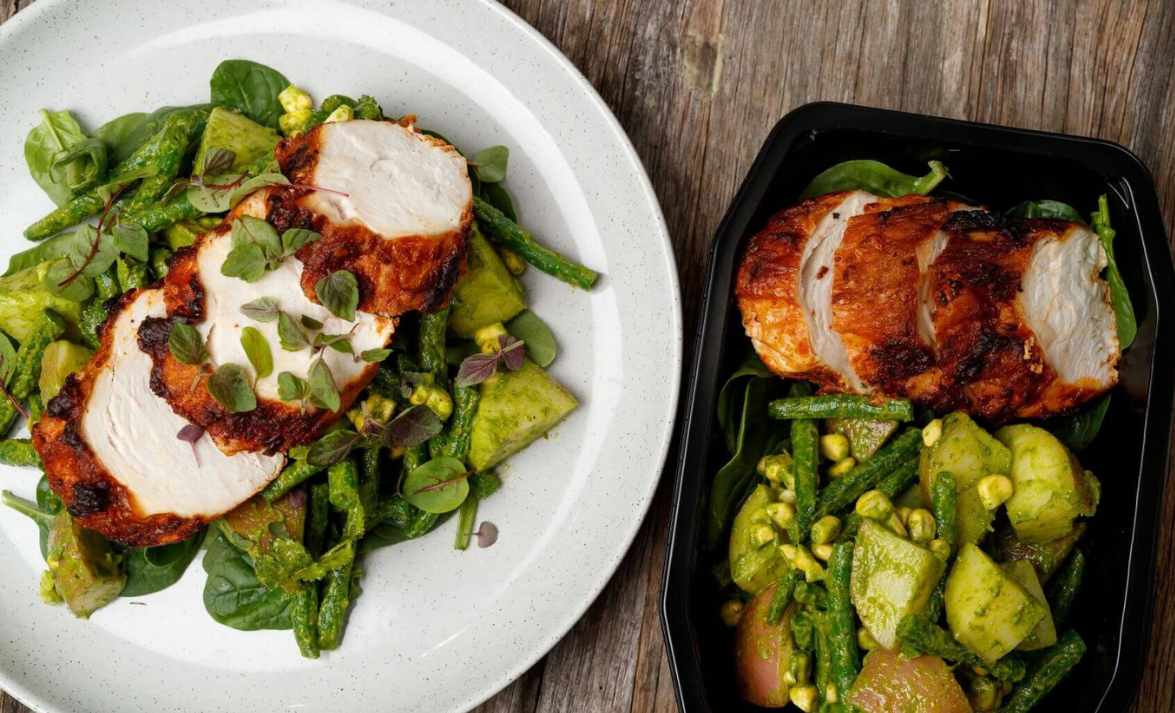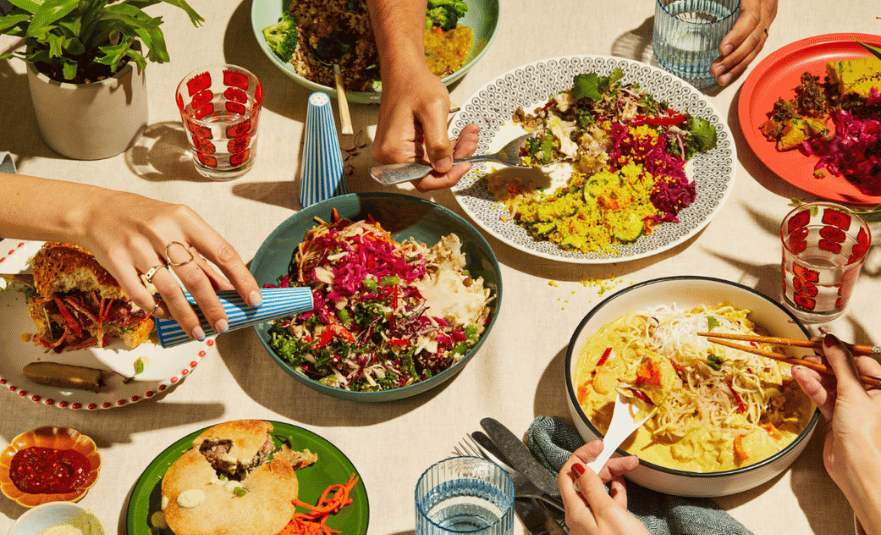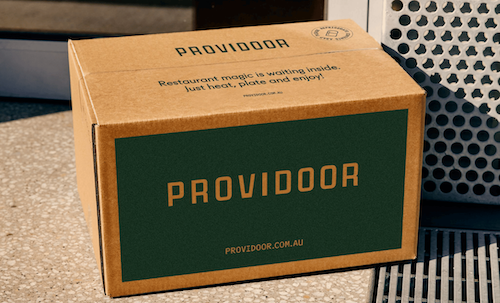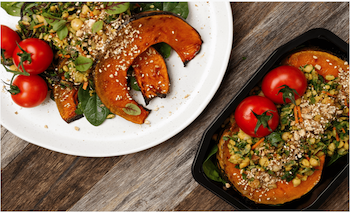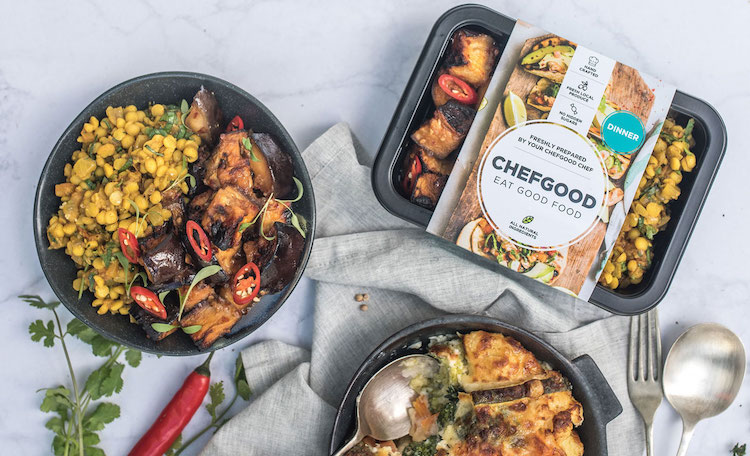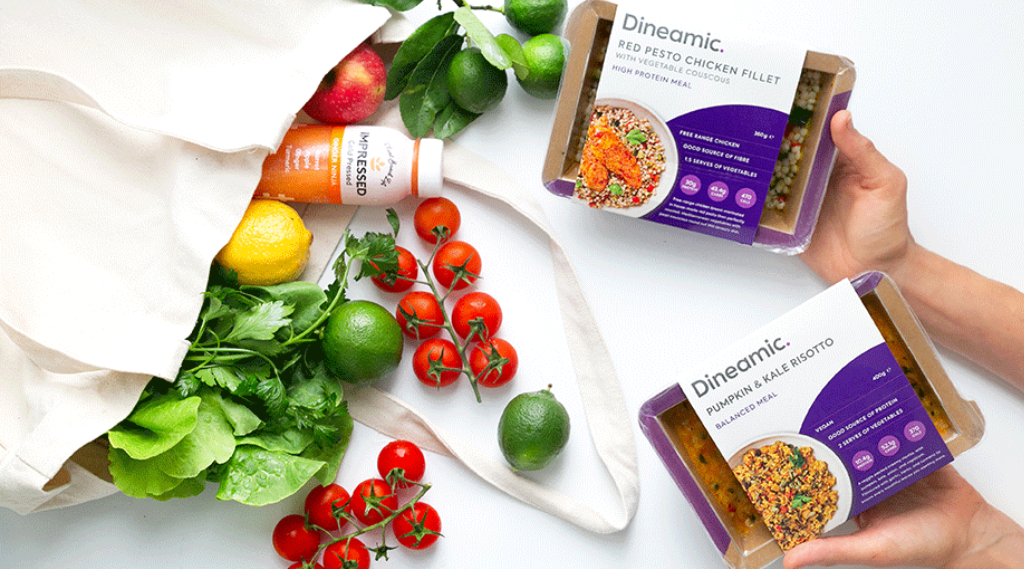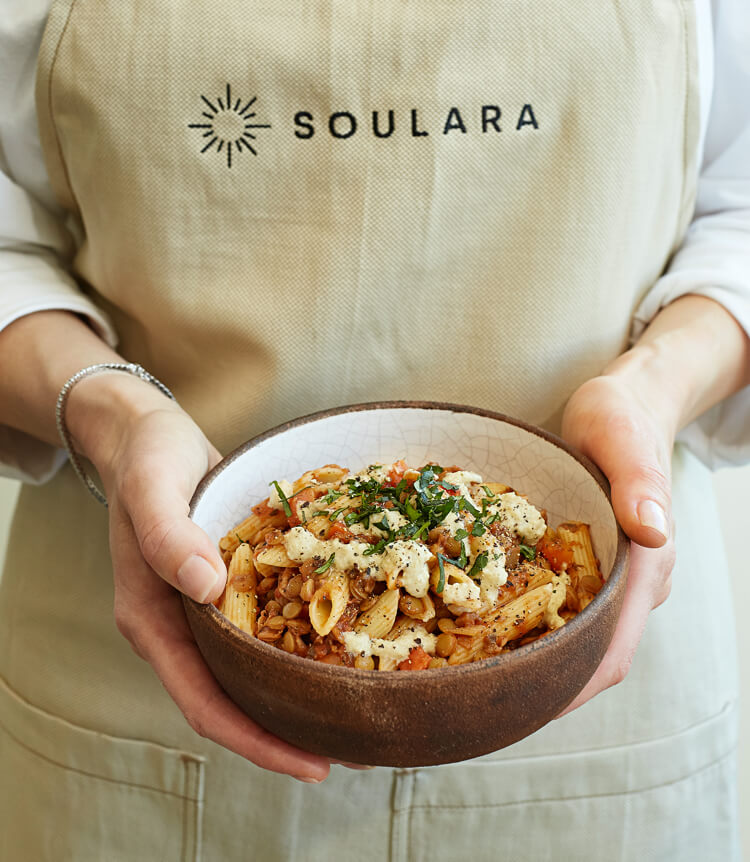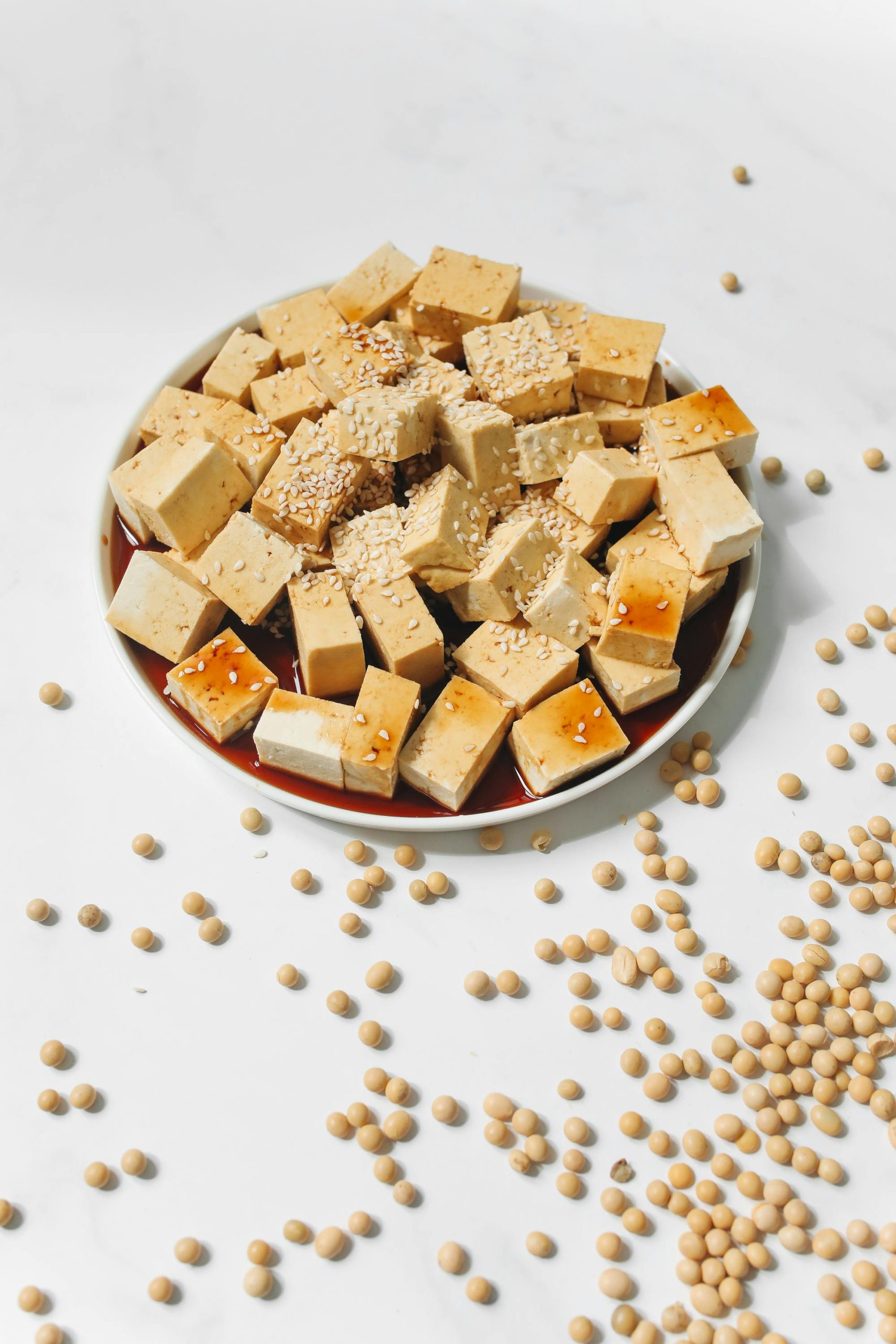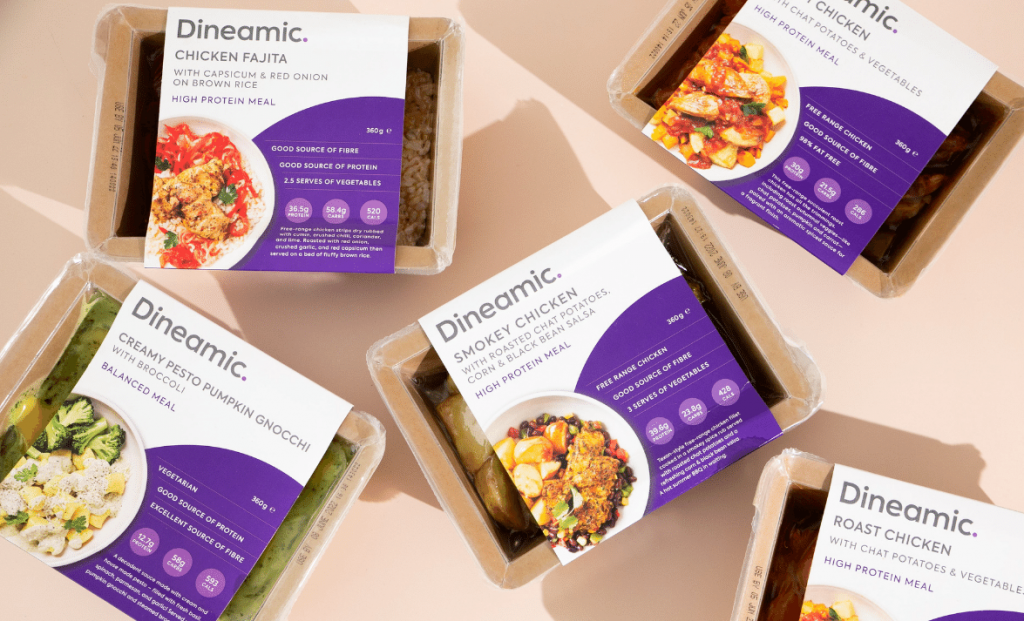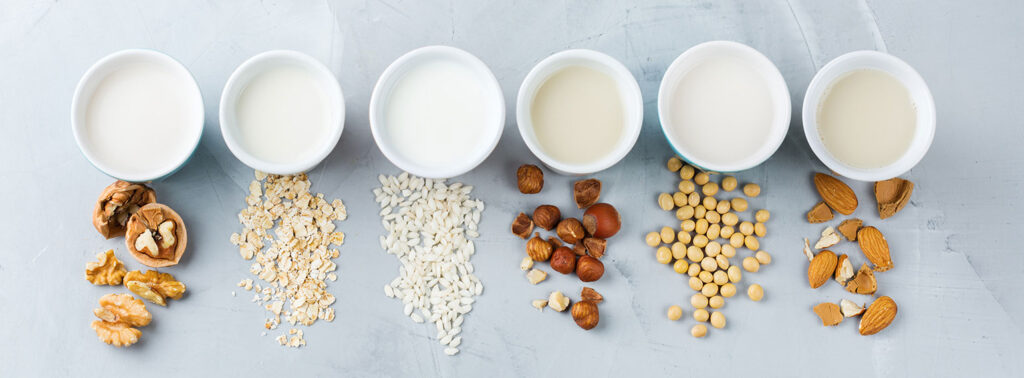- Meal Delivery
Shop by Category
TOP PROVIDERS
POPULAR SEARCHES
Meal Finder Tool

Use our meal finder quiz to find the best meal delivery service for you.
- Vitamin & Supplements
- Deals
- About
- Blog
Dairy Free Meals
Dairy Free Meals
Looking for a dairy free meal service? We’ve found the best dairy-free meal delivery services in Australia and have provided insights of brands and information to help you make the right decisions for your needs.
Get personalised meal recommendations
Compare Dairy Free Meals
Advertiser Discolure Advertiser Discolure$30 off your first order! Get Deal
Dietlicious delivers a range of wholesome, chef-prepared meals with no added dairy, specifically designed for those who are lactose intolerant, …
NSW, VIC, ACT, QLD
$13.50/serve
Dineamic offers a broad selection of no added dairy meals, developed by Dieticians and prepared by chefs using fresh, wholefood …
NSW, VIC, ACT, QLD, SA, WA, TAS
$11.00/serve
$30 Off first order Get Deal
Gourmet Dinner Service (GDS) offers a range of chef-prepared, no added dairy meals ideal for individuals avoiding dairy ingredients. Designed …
NSW, VIC, ACT, QLD
$7.50/serve
Save $150 Across 5 orders! Get Deal
MACROS offers performance-based meal plans, including a growing range of no added dairy options. At the time of writing (May …
NSW, VIC, ACT, QLD, SA, WA
$10.50/serve
Save up to $120 on your first 6 orders! Get Deal
My Muscle Chef offers a range of no added dairy meals, suited for those looking to build muscle, lose weight, or …
NSW, VIC, ACT, QLD, SA, WA, TAS
$10.95/serve
Nourish’d offers a comprehensive range of dairy-free meals designed to support a variety of dietary needs and preferences. All meals …
NSW, VIC, ACT, QLD, SA, TAS
$13.75/serve
We Feed You offers a diverse range of ready-made meals that are lactose-free and contain no added dairy, catering to individuals …
NSW, VIC, ACT, QLD
$12.95/serve
Get $220 OFF first 5 boxes! Get Deal
Marley Spoon has 38+ recipes tagged as dairy-free that can be delivered to your door, weekly. The dairy free recipes include ingredients that do not contain dairy.
NSW, VIC, ACT, QLD, SA, TAS
$8.50/serve
Get $140 OFF the first 5 boxes! Get Deal
Dinnerly's menu includes 36+ dishes that are tagged as dairy-free that can be delivered to your door, Australia wide.
NSW, VIC, ACT, QLD, NT, SA, TAS
$5.25/serve
$200 OFF Your First 8 Orders Get Deal
100% dairy free, vegan, plant-based meal delivery service. Soulara's meals are free of milk, cheese, butter, cream, yogurt, and other dairy products.
NSW, VIC, ACT, QLD, NT, SA, TAS
$10.95/serve
High-quality, flavourful and delicious meals that are convenient and affordable. High Protein, No Added Gluten, Vegetarian, Vegan, and Dairy Free.
NSW, VIC, ACT, QLD, SA, WA, TAS
$11.00/serve
Get $50 OFF your order! Get Deal
Chefgood's No Added Dairy meals can be selected as part of a Chefgood meal plan. Choose between 5 and 20 No Added Dairy meals delivered each week.
NSW, VIC, ACT, QLD, SA
$11.20/serve
Activate Foods creates dietitian-approved meals for time-poor and busy individuals. All meals are made to order with the choice of …
NSW
$10.00/serve
Iku is 100% vegan and specialises in pre-made macrobiotic plant-based meals full of nutrients and flavour. You can pick and …
NSW, VIC, ACT, QLD
$11.95/serve
Providoor supplies restaurant quality, snap frozen meals that preserve the flavour and freshness of the food. Featuring meals prepared by …
NSW, VIC, QLD
$8.00/serve

